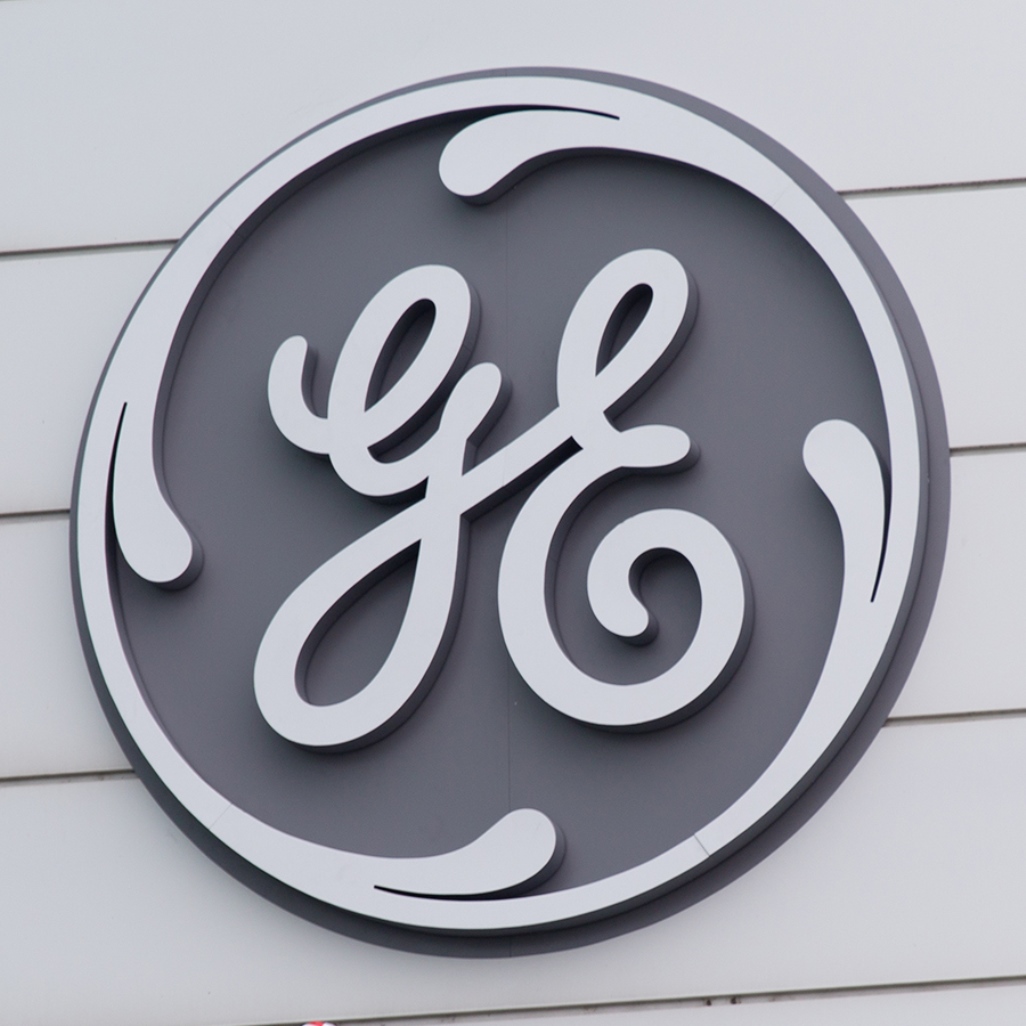Industrials
General Electric Rolls On as DJIA's Worst Stock of 2017

Published:
Last Updated:

General Electric Co.’s (NYSE: GE) share price ticked lower last week, cementing the company’s position as the worst performing equity of the 30 stocks that comprise the Dow Jones Industrial Average. Shares dipped just 0.2% week over week, after dropping 2.3% in the previous week. GE stock closed Friday down 22.5% for the year to date.
This is GE’s sixth consecutive week as the Dow’s worst performer. The company still has a big lead over the second worst stock, Exxon Mobil Corp. (NYSE: XOM), now down 15%, and third-worst International Business Machines Corp. (NYSE: IBM), which is down 13.4% for the year after adding about 2.9% to its share price last week.
If there was any news of note on GE last week, it had to be that the company has restarted negotiations with ABB to sell the Swiss industrial giant GE’s industrial solutions business.
Reuters reported the new talks on Wednesday, citing unnamed sources who said the resumption of the discussion followed after GE “moderated its price expectations.” Reportedly, GE’s selling price dropped from around $3 billion to around $2 billion as new CEO John Flannery attempts to make good on his plan to divest noncore assets.
When it reported second-quarter results in late July, GE said that it had reduced the structural costs in its industrial segment by $670 million so far this year, with a $1 billion target for the full year.
Cost-cutting, no matter how much GE achieves, will only take the company so far. It’s comparatively easy and reasonably quick to get the result that investors like best — increased returns. Growing a company with a market cap of $212 billion is lots harder and that’s Flannery’s next job.
GE’s shares closed up about 0.2% Friday, at $24.49 in a 52-week range of $24.30 to $32.38. The consensus 12-month price target for the stock is $29.31.
Thank you for reading! Have some feedback for us?
Contact the 24/7 Wall St. editorial team.